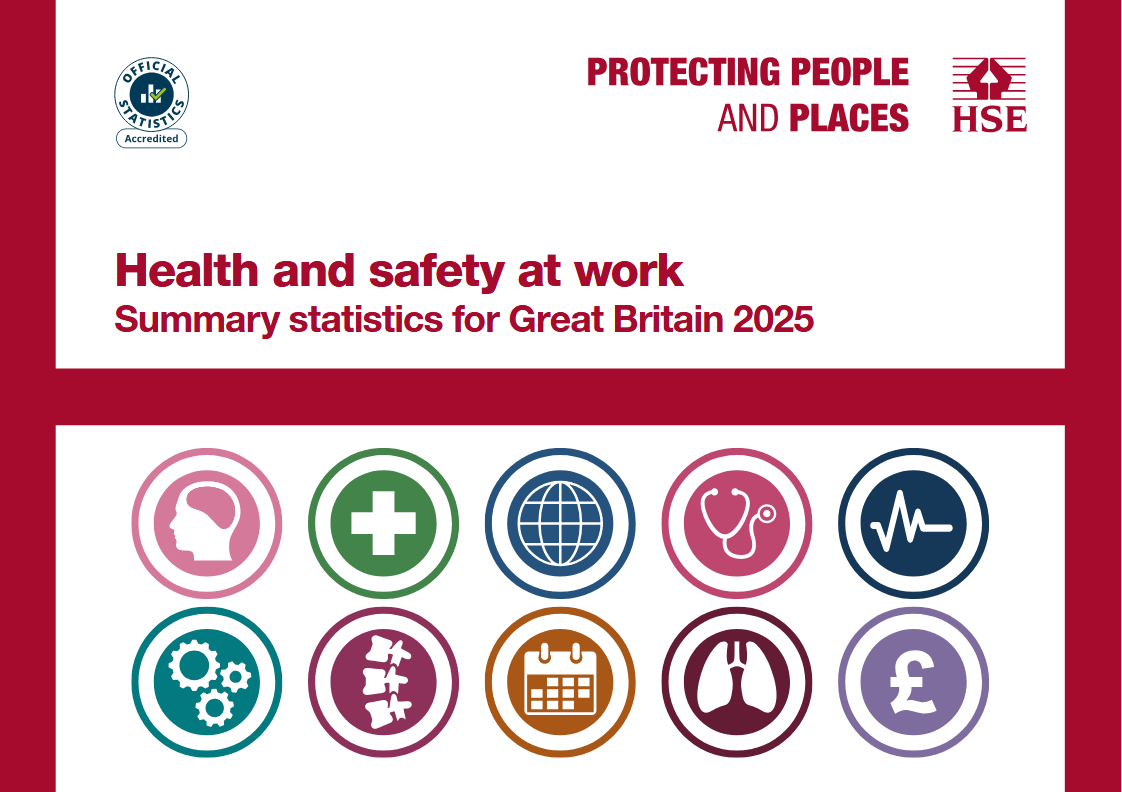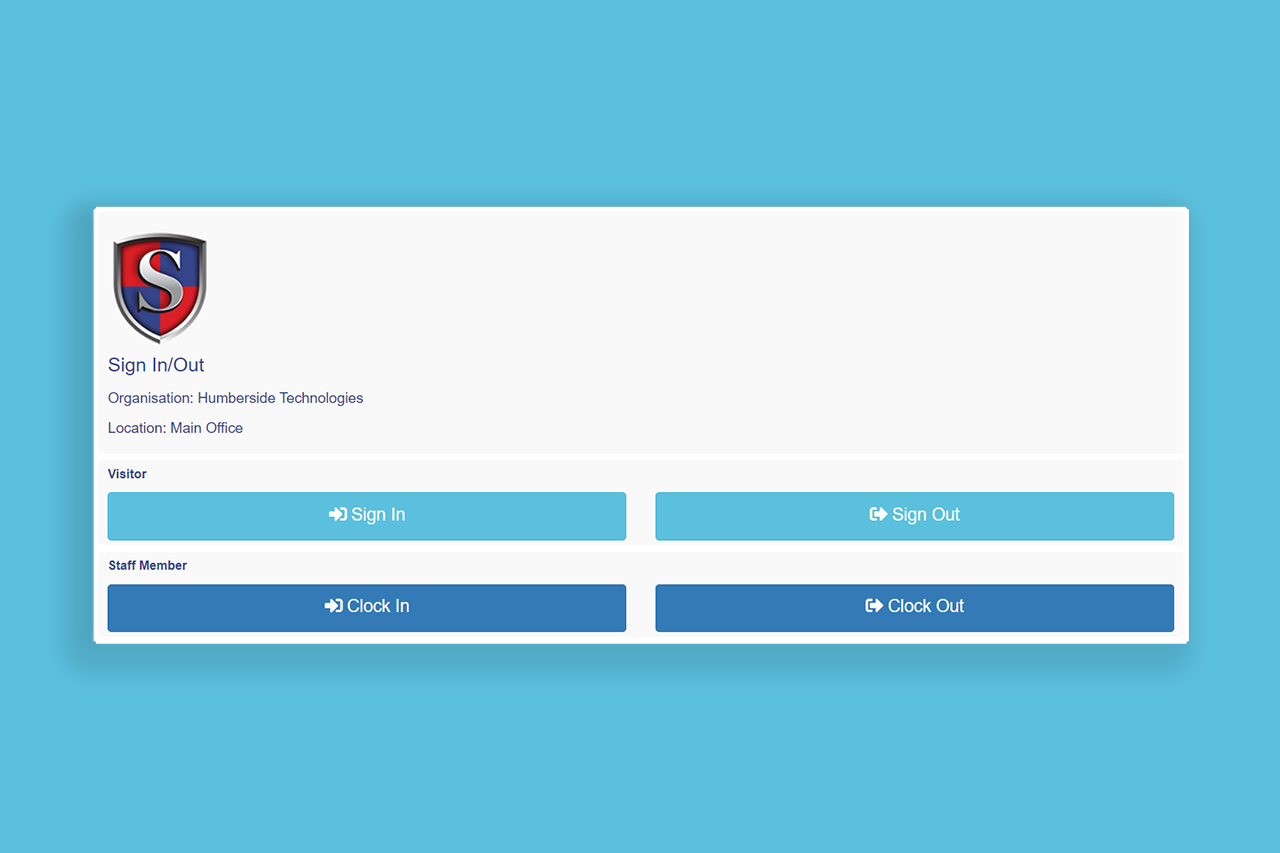Home / News / Is Legionella Training a Legal Requirement? Is Legionella Training Needed?
Is Legionella Training a Legal Requirement? Is Legionella Training Needed?
Legionella training is a legal requirement for those who have a level of responsibility for the prevention & control of legionella. The HSE write section 50 of their L8 guidance about Legionella that ‘Inadequate management, lack of training and poor communication are all contributory factors in outbreaks of legionnaires’ disease. It is therefore important that the people involved in assessing risk and applying precautions are competent, trained and aware of their responsibilities.’
Furthermore on p14 HSE L8 mentions COSHH, regulations 8 and 12; Management Regulations, regulations 5, 7, 10 and 13; HSW Act, sections 2, 3 and 4 which ‘require employers to take reasonable steps to ensure that any control measures are properly used and applied. They require employees to make full and proper use of those control measures. Employers are also required to have arrangements in place for the management of health and safety, to have access to competent health and safety advice and to provide employees with suitable and sufficient information, instruction, and training.’
Regarding legionella services & plumbing contractors, training is a requirement because of The Control of Substances Hazardous to Health Regulations 2002 Regulation 12 which state that ‘Every employer who undertakes work which is liable to expose an employee to a substance hazardous to health shall provide that employee with suitable and sufficient information, instruction and training.’
The Management of Health and Safety at Work Regulations 1999 Regulation 5 states precisely that ‘Every employer shall make and give effect to such arrangements as are appropriate, having regard to the nature of his activities and the size of his undertaking, for the effective planning, organisation, control, monitoring and review of the preventive and protective measures.’ Training staff who are going to have a level of responsibility for the prevention & control of legionella is evidently an appropriate arrangement for an employer to take regarding effective control and protective measures.
The Health and Safety at Work etc. Act 1974: Part 1, Section 2, 1 states that ’It shall be the duty of every employer to ensure, so far as is reasonably practicable, the health, safety and welfare at work of all his employees.’ & 2 c. the duty of every employer to provide such information, instruction, training and supervision as is necessary to ensure, so far as is reasonably practicable, the health and safety at work of employees. Moreover section 4 of HSW 1974 mentions it shall be the duty of each person who has, to any extent, control of premises to ensure that persons other than employees are safe and without risks to health. Those who are duty holders regarding legionella prevention & control therefore need to ensure that those staff with legionella management responsibility are adequately trained to help ensure the safety of employees and visitors to premises regarding the organisation and requirement for legionella risk assessment and if appropriate water testing by specialist contractors.
On their website the HSE highlight appropriate legionella training of appropriate staff by mentioning the self-reflective question one should ask – Are the roles and responsibilities of all staff involved in the control regime clearly defined in writing and have they all received appropriate training? (http://www.hse.gov.uk/legionnaires/reviewing-what-you-do.htm)
 The frequency of training should be appropriate regarding peoples’ retention of information about legionella. New starters who will have a level of responsibility regarding legionella prevention & control should have training upon starting their role and Safesmart recommend that training for relevant staff isundertaken annually to refresh knowledge.
The frequency of training should be appropriate regarding peoples’ retention of information about legionella. New starters who will have a level of responsibility regarding legionella prevention & control should have training upon starting their role and Safesmart recommend that training for relevant staff isundertaken annually to refresh knowledge.
Legionnaires’ disease is a potentially fatal type of pneumonia, contracted by inhaling airborne water droplets containing viable Legionella bacteria. Such droplets can be created, for example, by: hot and cold water outlets; atomisers; wet air conditioning plant; and whirlpool or hydrotherapy baths.
Legionella awareness training helps to reduce the risk of people contracting legionnaires’ disease by improving awareness amongst management and duty holders. Legionella training is also important to ensure those liable are aware of legal requirements for example within HSE L8, HSG274 & HSG282 as well The Notification of Cooling Towers and Evaporative Condensers Regulations 1992 which require employers to notify the local authority, in writing, if they operate a cooling tower or evaporative condenser and include details about where they are located. The Regulations also require notification when such devices are no longer in use. Notification forms are available from your local environmental health department.
Safesmart provide online legionella awareness training via Smartlog and legionella risk assessment and associated services through our specialist subcontractor.
Contact us for details.





